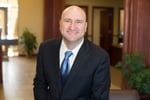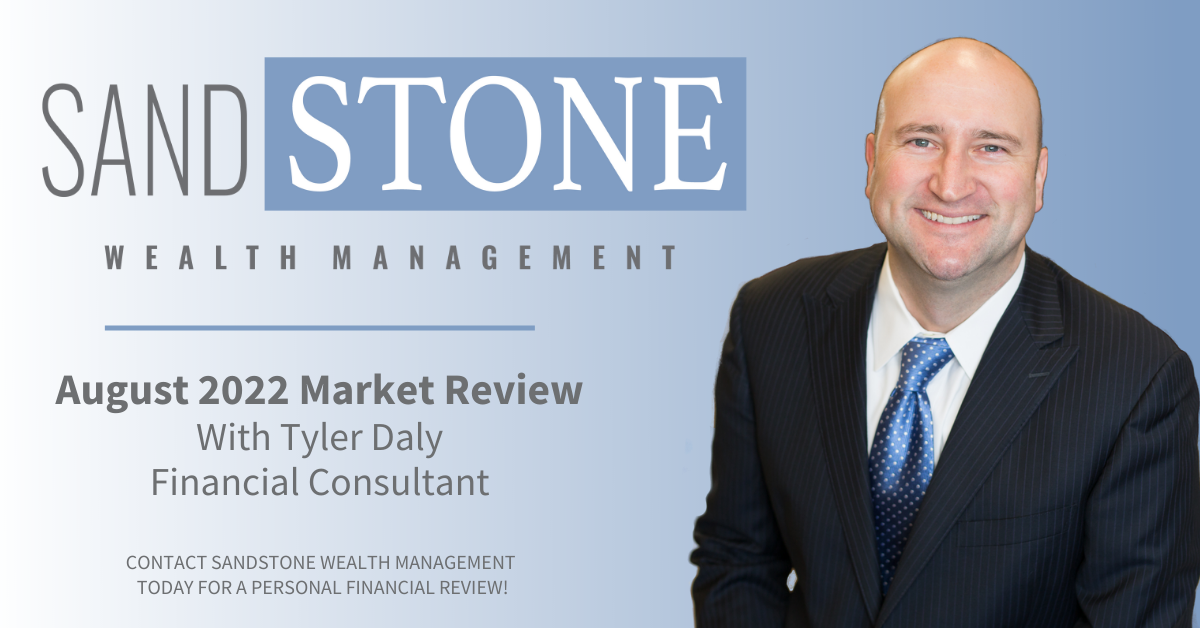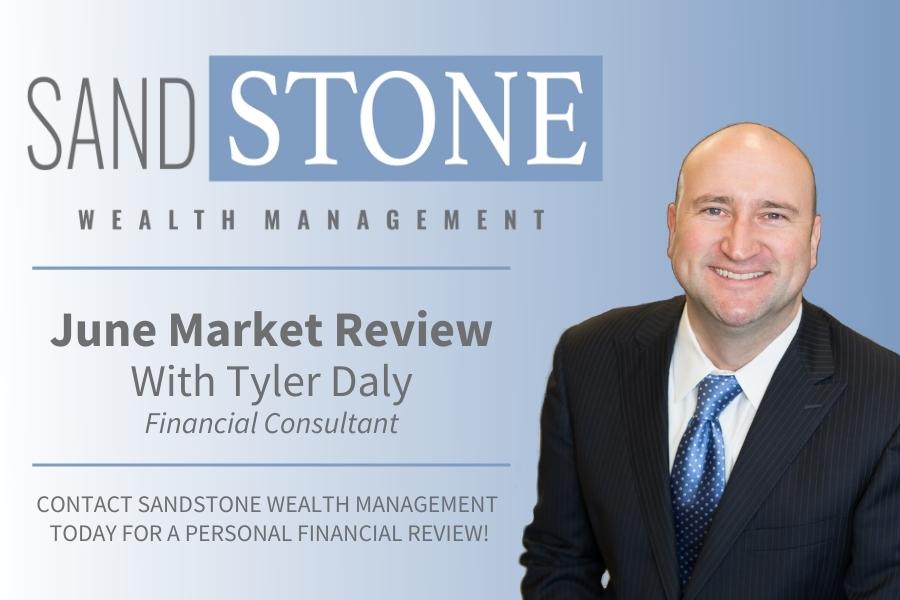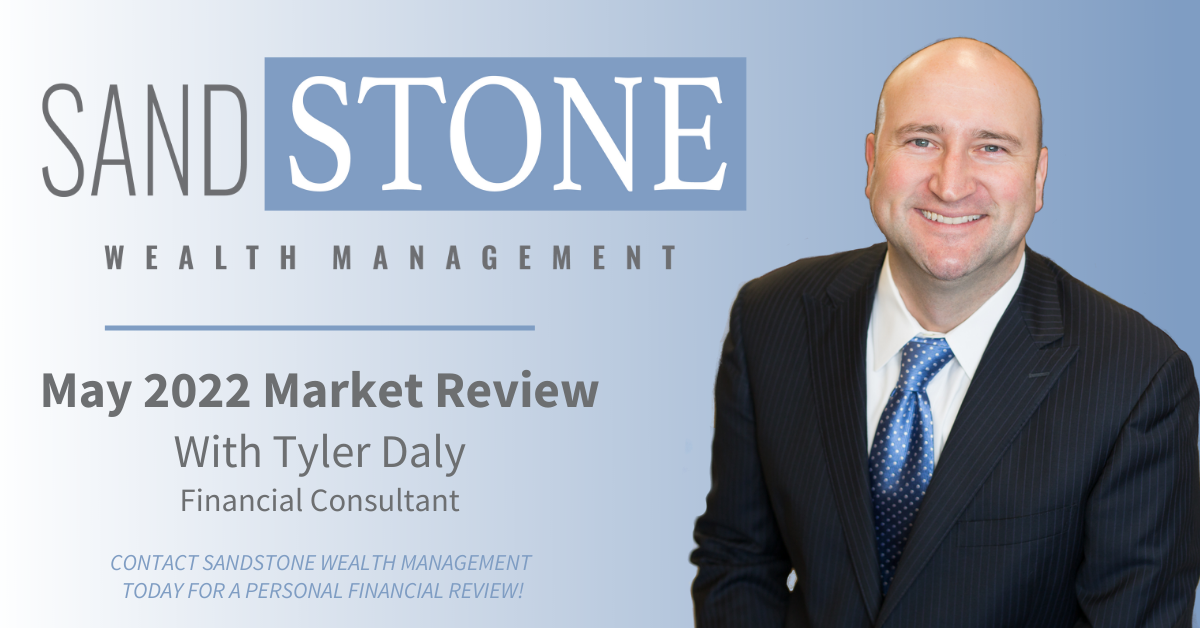
Domestic equity indexes ended the third quarter in positive territory. With the recent run-up to new highs, Raymond James Chief Investment Strategist Jeff Saut expects to see a softening of upward momentum as the market digests incoming earnings, but he believes any resulting volatility presents a buying opportunity for investors. Long term, the primary trend remains powerfully bullish as the six major factors (monetary, economic, valuation, sentiment, supply/demand, and internal/momentum/technical) continue to produce strong readings.
Recent data from the University of Michigan also showed that Americans remain relatively optimistic about the economy, despite recent turmoil surrounding hurricanes, geopolitical concerns and sometimes distressing headline news. The Federal Reserve (the Fed) left the target range for the federal funds rate unchanged, although it has started to unwind its balance sheet. A December hike is not out of the question, but any move by the central bankers will be dependent on forthcoming data.
The major domestic stock indices, namely the S&P 500, NASDAQ, Dow Jones and Russell 2000, all ended strong, with the S&P 500 notching its eighth consecutive quarterly gain. For the third quarter, the Dow was up 4.94%; the NASDAQ climbed 5.95%; the Russell 2000 was up 5.38%; and the S&P 500 was up 3.96%. And the international EAFE was up almost 5% for the three months ended in September.
| 12/30/16 Close | 9/29/17 Close | Change | Gain/Loss | |
|---|---|---|---|---|
| DJIA | 19,762.60 | 22,405.09 | +2,642.49 | +13.37% |
| NADSAQ | 5,383.13 | 6,506.08 | +1,122.95 | +20.86% |
| S&P 500 | 2,238.83 | 2,519.36 | +280.53 | +12.53% |
| MSCI EAFE | 1,684.00 | 1,973.81 | +289.81 | +17.21% |
| Russell 2000 | 1,357.13 | 1,490.86 | +133.73 | +9.85% |
| Bloomberg Barclays Aggregate Bond |
1,976.37 | 2,038.55 | +62.18 | +3.15% |
Performance reflects price returns as of 4:30 EDT on Sept. 29, 2017.
Here’s a look at what else is happening in the economy and capital markets, as well as key factors we are watching:
Economy
- A rate hike from the Fed is looking more likely for December, says Raymond James Chief Economist Scott Brown, but, as often is the case, the central bankers’ actions will be data dependent.
- The unwinding of the Fed’s balance sheet is beginning, with a modest pace initially, but is set to pick up over the next four quarters. That ought to put some upward pressure on long-term interest rates, which will also be driven by inflation expectations and the level of bond yields abroad, Brown says.
- Chair Janet Yellen said that the Fed will still rely on the federal funds target rate as “the primary means of adjusting the stance of monetary policy.” Still, the Fed could stop the program, or even purchase more securities if the economy were to experience a large negative shock (the federal funds rate would have to be dropped toward zero first). None of this came as news to investors, who heard similar comments in prior Federal Open Market Committee meetings.
- Hurricanes Harvey and Irma are expected to have a temporary impact on the Lower 48 U.S. economy, but Maria will have a more devastating and long-lasting effect on Puerto Rico.
Equities
- On the sector front, Energy Analyst Pavel Molchanov notes that a high-profile case involving an import tariff on solar panels is moving forward in Washington and could have political as well as practical implications for the market. He believes a moderate tariff will be implemented; the decision ultimately being up to the White House. The details of the remedy are expected to be ironed out in November.
- September experienced a bit of small-cap resurgence with small-cap stocks significantly outperforming U.S. large caps for the month after a lackluster year to date, reports Nick Lacy, chief portfolio strategist of Raymond James Asset Management Services.
- International developed markets not only outpaced the U.S. but also outpaced emerging markets for the month, rewarding investors year to date. Much of that performance has been driven by a decline in the dollar relative to developed market currencies.
- The appetite for stocks and bonds seems to continue to drive valuations higher with relative value favoring developed markets, Lacy notes.
International
- In Europe, Chancellor Angela Merkel was re-elected, but will have to form a new political coalition to efficiently rule, notes Chris Bailey, European Strategist.
- In the meantime, reform efforts will remain centered on the policy initiatives of French President Emmanuel Macron. New labor market legislation boosting flexibility and bringing France closer to German standards was passed and represents a good start to the required reform initiatives.
- Rhetoric around the Korean Peninsula remains worrisome and progressively weakened Asian markets throughout the month.
- Chinese economic data remained growth centered but all eyes are looking forward to the National People’s Congress policy statements in mid-October where President Xi is expected to talk more about economic reform.
Fixed Income
- The global central banks’ quantitative easing programs continue to impact the yield curve, increasing the amount of money in the system and putting downward pressure on interest rates, notes Senior Fixed Income Strategist Doug Drabik.
- Since the first of the four Fed rate hikes, rates on bonds one year and less have moved up, while rates greater than 10 years are down.
- The net effect hasn’t been an all-around higher interest-rate environment but a flatter yield curve.
- The yield curve shift allows corporate bond investors to capture 85% of the value of the curve around 11 years out and municipal bond investors to capture 85% of the value of the curve around 15 years out.
Bottom Line
- In Saut’s view, evidence suggests that investors are witnessing the biggest bull market on record.
- As we head into year-end, keep in mind that some volatility is normal for markets, and that risk is best managed through appropriate asset allocation, balancing riskier growth assets with non-correlated fixed income assets and other investments.
- We continue to monitor economic developments and breaking headline news and will keep you updated with the most relevant information.
Please let me know if you have any questions about recent market events or if you’d like to set up some time for your year-end review. I look forward to speaking with you.
Sincerely,
Tyler Daly
Financial Advisor
Raymond James Financial Services, Inc.
*Investing involves risk, and investors may incur a profit or a loss. Past performance is not an indication of future results and there is no assurance that any of the forecasts mentioned will occur. Investors cannot invest directly in an index. The Dow Jones Industrial Average is an unmanaged index of 30 widely held stocks. The NASDAQ Composite Index is an unmanaged index of all common stocks listed on the NASDAQ National Stock Market. The S&P 500 is an unmanaged index of 500 widely held stocks. The MSCI EAFE (Europe, Australia, Far East) index is an unmanaged index that is generally considered representative of the international stock market. International investing involves additional risks such as currency fluctuations, differing financial accounting standards, and possible political and economic instability. These risks are greater in emerging markets. The performance noted does not include fees or charges, which would reduce an investor's returns.
©2016 Raymond James Financial Services, Inc., member FINRA/SIPC. Securities offered through Raymond James Financial Services, Inc., member FINRA/SIPC, and are not insured by any financial institution insurance, the FDIC/NCUA or any other government agency, are not deposits or obligations of the financial institution, are not guaranteed by the financial institution, and are subject to risks, including the possible loss of principal. Raymond James is not affiliated with the financial institution or the investment center.

Tyler has been in the financial services industry since 2004 and with Sandstone Wealth Management and Heartland Bank since 2009. He is Series 7, 66 and Insurance licensed to assist his clients with all their investing, financial planning, and insurance needs. Tyler was recently named to the Forbes List of America's Top Next-Generation Wealth Advisor, which recognizes advisors from national, regional, and independent firms. Tyler graduated from the University of Nebraska-Lincoln with a Bachelor’s Degree in Diversified Agriculture and was born and raised in the Nebraska Sandhills. This gives him an intimate knowledge and understanding of his farming and ranching clients. Tyler is married to Rachel, who earned her Doctorate of Pharmacy from the University of Nebraska. They have two children, Camilla and Cooper. Away from business, he enjoys officiating high school basketball in the winter as well as golfing and team roping in the summer.



.png)

.jpg)

.jpg)

.png)



